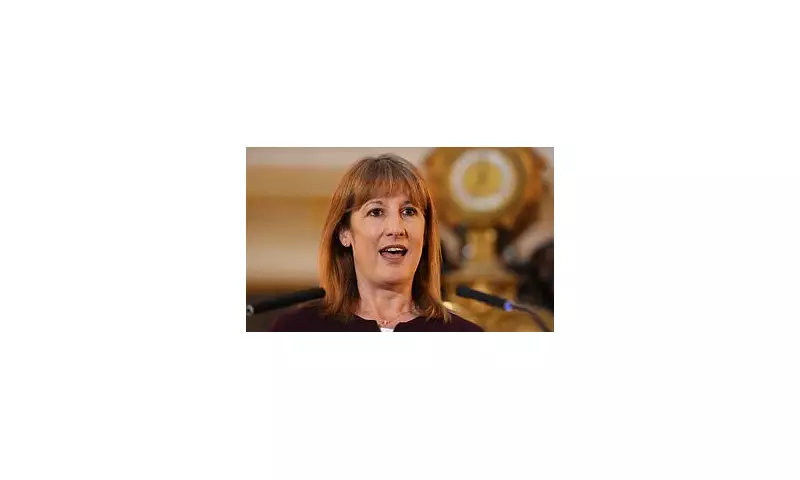
In a dramatic admission that has sent shockwaves through Westminster, Chancellor Rachel Reeves has been confronted with a staggering £30 billion black hole in the nation's finances during her first major Treasury briefing.
The sobering revelation came as Treasury officials laid bare the true state of Britain's economic challenges, presenting the new Labour government with what insiders describe as the most difficult fiscal inheritance in modern political history.
The Stark Reality of Treasury Briefings
Senior government sources confirmed that the scale of the financial shortfall exceeded even the most pessimistic pre-election forecasts. The £30 billion gap represents one of the most significant fiscal challenges ever faced by an incoming administration, threatening to derail key manifesto commitments unless radical solutions can be found.
One Whitehall insider revealed: "The briefing was brutal in its honesty. Officials didn't sugarcoat the situation - they presented the cold, hard numbers that show just how constrained public spending will be for the foreseeable future."
Political Fallout and Economic Implications
The timing of this revelation couldn't be more politically sensitive, coming just weeks after Labour's decisive election victory. The party had campaigned on a platform of economic stability and careful fiscal management, making this early confrontation with reality particularly damaging.
Economic analysts suggest the shortfall is likely the result of multiple factors, including:
- Lower-than-expected tax revenues
- Rising debt servicing costs
- Unfunded spending commitments from the previous government
- Economic growth projections that failed to materialise
What This Means for Public Services
The implications for public spending are profound. With such a significant hole in the finances, ministers face agonising choices between cutting services, raising taxes, or increasing borrowing - each option carrying significant political and economic risks.
Healthcare, education, and local government funding are all likely to come under intense scrutiny as the Treasury searches for savings. The Chancellor now faces the unenviable task of balancing the books while maintaining public confidence in her economic competence.
As one senior economist noted: "This isn't just a number on a spreadsheet - it represents real consequences for hospitals, schools, and infrastructure projects across the country. How Reeves handles this will define her Chancellorship."
The Road Ahead
All eyes now turn to the autumn Budget, where the Chancellor must present her comprehensive plan for addressing the shortfall. The political stakes couldn't be higher, with the government's credibility on economic management hanging in the balance.
What remains clear is that the optimistic rhetoric of the election campaign has collided with the harsh reality of governing, and the new administration's mettle is being tested sooner than anyone anticipated.





